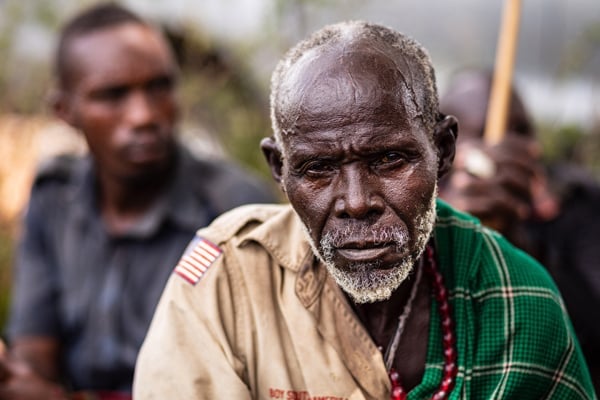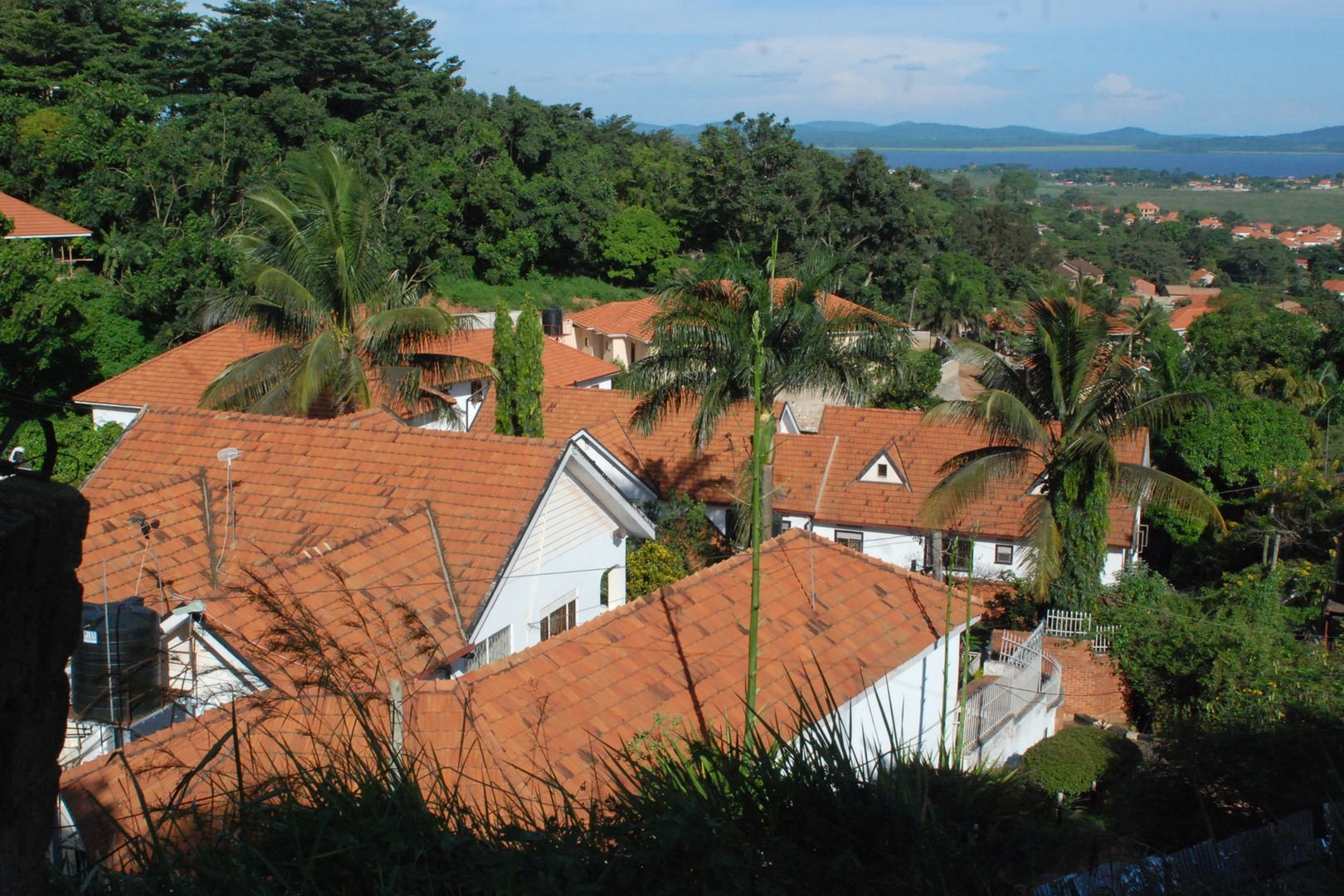Minority groups urge govt to prioritise their needs

Minority and indigenous community leaders in a group photo during a national advocacy meeting in Kampala on September 30, 2024. Photo | Mike Sebalu
What you need to know:
- These recommendations aim to increase access to essential services, such as healthcare and education, for Minority Indigenous Peoples (MIPs) across the country.
Uganda's minority groups and indigenous communities are urging the government to expedite the implementation of the 2022 Universal Periodic Review (UPR) recommendations.
These recommendations aim to increase access to essential services, such as healthcare and education, for Minority Indigenous Peoples (MIPs) across the country.
Mr Deus Mucunguzi, Executive Director of African International Christian Ministry, highlighted the existing gaps in access to health and education for ethnic minorities.
"Most of them still have to travel more than 5 kilometres to access education and healthcare, resulting in high dropout rates," he said, at a national advocacy meeting on minority and indigenous people in Uganda held in Kampala, on Monday.
A 2020 research study found that 50.8 per cent of MIP communities drop out of school before completing primary seven, largely due to the lack of nearby schools, inadequate scholastic materials, and language barriers.
The 1995 Constitution guarantees the right to education, but Uganda's ethnic minorities continue to face significant challenges in accessing education and healthcare.
Mr David Ndooli, Coordinator of the Maragoli Community in Kiryandongo district, emphasised the need for constitutional recognition of MIPs, a request that has been pending since 2015.
"We were told to start fresh after the parliamentary term expired, and despite repeated attempts, our petition remains pending," he said.
Ms Adupa Stepheny Namer, Coordinator of the Tepeth (So) community in Karamoja, noted that while some health centers exist in their region, accessibility remains a challenge due to long distances.
In response, Onesmus Kansiime, Senior Officer at the National Sustainable Development Goals (SDG) Secretariat, assured that they have considered measures to incorporate minority and indigenous people into government programs.
"We have reported these recommendations to various ministries and agencies for implementation," he said.
Uganda's recognised minority communities include the Alur, Ik (Teuso), Tipenth (So), Karamojong, Lugbara, Luluba, Ma'di, Kakwa, Nubian, Benet (Ndorobo), Bagungu, Bakenyi, and Bavuma among others.




